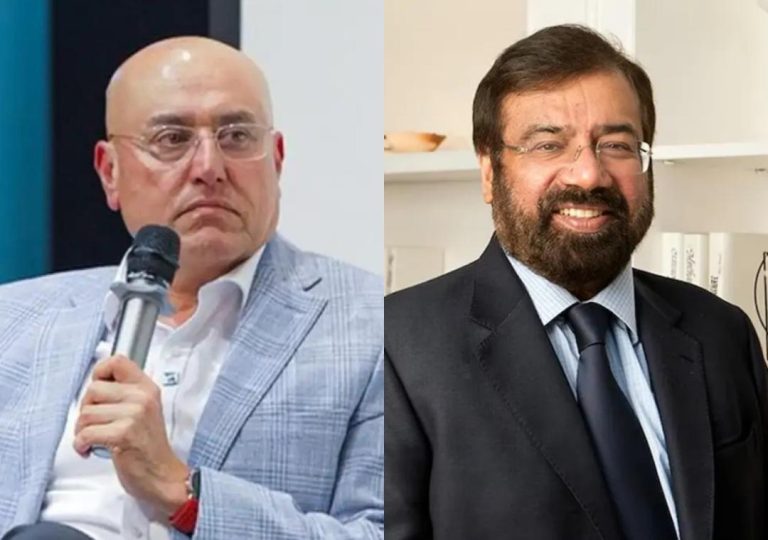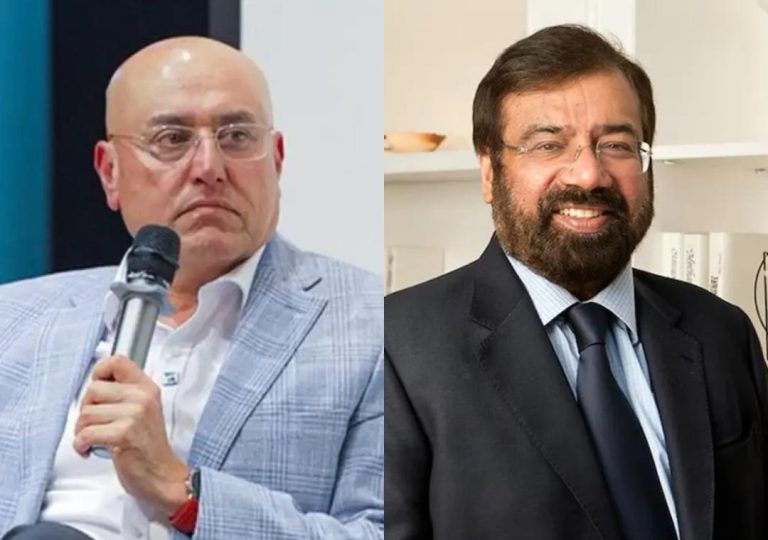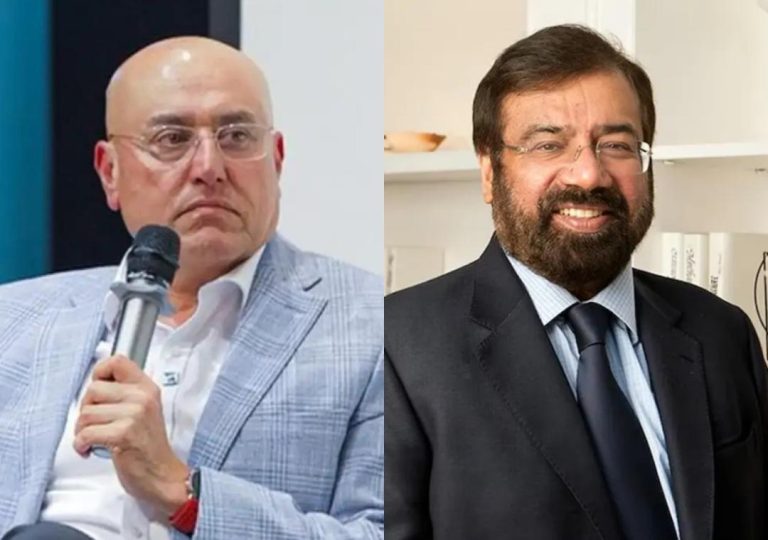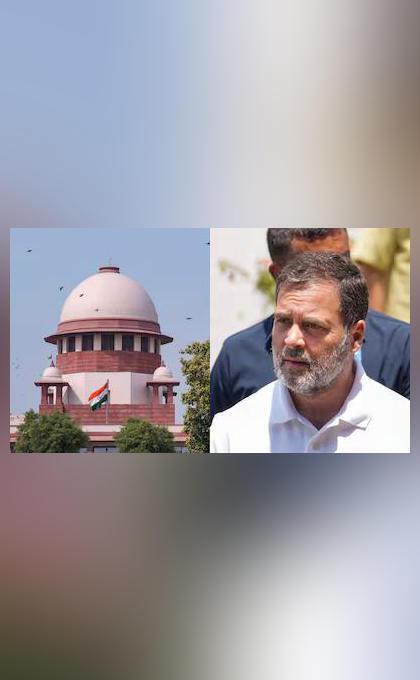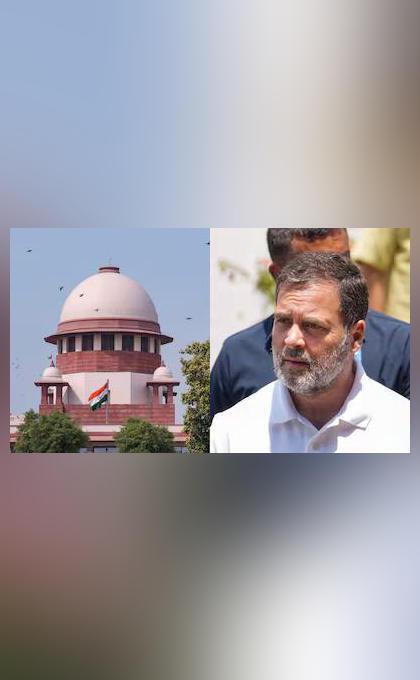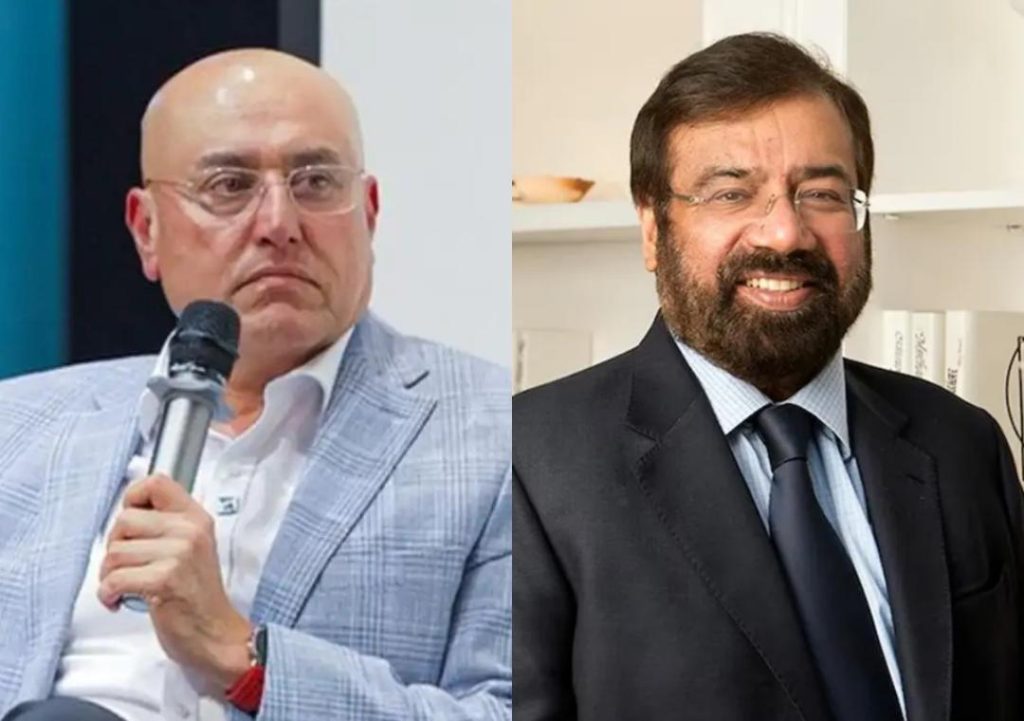
Hotmail Co-founder says “truth=anti-India”, Goenka replies “Living in US & lecturing us?”
The recent debate on social media between Harsh Goenka, a billionaire businessman, and Sabeer Bhatia, the co-founder of Hotmail, has sparked a heated conversation about patriotism, truth, and national loyalty. The exchange began when Bhatia tweeted that those who speak the truth in India are often labeled as “anti-national”. He went on to say, “Then who’s a national? The one who lies to you?”
However, Goenka, who is the chairman of RPG Enterprises, a leading Indian conglomerate, strongly disagreed with Bhatia’s views. In a series of tweets, Goenka questioned Bhatia’s credentials to lecture India on patriotism, pointing out that Bhatia has been living in the United States for a long time. Goenka tweeted, “Living in California and lecturing a billion Indians back home?…India doesn’t need sermons from those who packed up and left.”
Goenka’s response was a direct attack on Bhatia’s credibility to comment on Indian politics and society. He implied that Bhatia’s views are shaped by his experiences living abroad and that he is disconnected from the realities of life in India. Goenka’s tweet was widely shared and liked on social media, with many Indians agreeing with his sentiments.
Bhatia’s original tweet was likely intended to highlight the dangers of suppressing dissenting voices and the importance of speaking truth to power. However, Goenka’s response managed to shift the focus away from the issue at hand and instead turned the tables on Bhatia’s own credibility.
The debate between Goenka and Bhatia highlights the complexities of patriotism and national loyalty in the modern era. While some people believe that criticizing the government or speaking truth to power is a patriotic act, others see it as a betrayal of the nation.
The debate also raises questions about the role of expatriates in shaping public opinion in their home countries. Can someone who has lived abroad for a long time still be considered a credible authority on Indian politics and society? Or do they risk being seen as out of touch with the realities of life in India?
Goenka’s response to Bhatia’s tweet was also seen as a reflection of the growing sense of nationalism in India. With the rise of social media, people are increasingly able to express their opinions and engage in debates with others. However, this has also led to a growing sense of polarization and a tendency to label people as “patriots” or “anti-patriots” based on their views.
In conclusion, the debate between Goenka and Bhatia highlights the complexities of patriotism and national loyalty in the modern era. While Bhatia’s original tweet was intended to highlight the importance of speaking truth to power, Goenka’s response managed to shift the focus away from the issue at hand and instead turned the tables on Bhatia’s own credibility. The debate also raises important questions about the role of expatriates in shaping public opinion in their home countries.
